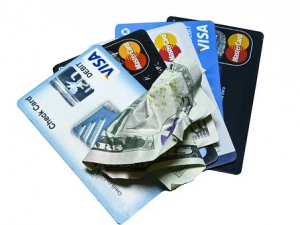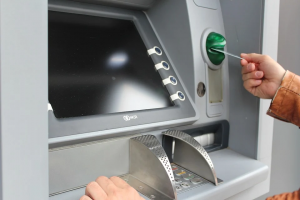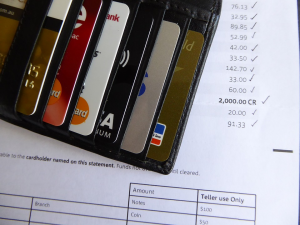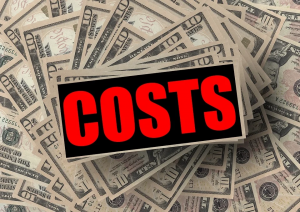 The good news, if you recognize a need for money services, it means you have money on hand. But the question remains where do you keep it and how do you access it? Above all, how do you identify a money service that’s right for you?
The good news, if you recognize a need for money services, it means you have money on hand. But the question remains where do you keep it and how do you access it? Above all, how do you identify a money service that’s right for you?
You could go the old fashioned route such as stuffing a jar full of bills and coins then burying it in the ground. Obviously, there are drawbacks to this. Namely, forgetting where you buried your money. With this in mind, alternative options ought to be explored.
Financial Account Options
- Banks and Credit Unions
- Deposit money (cash or check) into a personal account. Access as needed using a debit card or personal check.
- Money is secured through federal insurance.
- Requires a government form of identification to open, proof of address and an initial deposit, usually $5.00 – $25.00. May require a credit check.
- Reloadable Prepaid Debit Cards
- Deposit your cash, checks, or transfer money to a debit card account. Thus, providing immediate access to your money through use of the card.
- Prepaid cards are offered through some banks, and many grocery, drug or chain stores.
- Does not allow for overdrawn accounts and fees are common.
- Research whether the card provides insurance on the funds in your account.

- Cash and Check Cashing Stores
- A physical building you enter to cash checks, pay bills, purchase preloaded debit cards, transfer/wire money or request payday loans.
- Each service comes with a fee.
- No credit check.
- Insurance varies by location.
- Payroll and Government Benefit Stores
- Similar to the reloadable debit card, but deposits must come from paycheck or government benefits.
- Access money through ATM’s or deduction of funds using card.
- To initiate, inquire with your employer or government agency providing benefits. You may need a social security card.
- No credit checks or minimum balance.
- Minimal fees.
 Important Questions to Ask
Important Questions to Ask
The most important question to ask about money services is related to fees. Therefore, know when and how much you will be charged in fees. Over time, fees can add up and result in significant costs. It’s also important to know how your money is secured. If you lose your card, do you also lose your money?
Keeping Your Money Safe
- Money services with a card will require a PIN (personal identification number). You decide this number, and it’s yours to keep safe. Do not tell others, do not write it on the card.
- Money services will have a way for you to check your balance. Monitor your funds regularly. Make a habit by choosing a day of the week to look at your account. Check that all transactions are legitimate, and monitor fees. Monitor on-line, at ATM’s, or by phone to the money service you selected.
 Check out https://www.facebook.com/moneysmartcolorado for Colorado State University Extension Agents bringing financial education, programs and discussions to Coloradoans everywhere. For more information on personal finances check out Colorado State University Extension’s publications at https://extension.colostate.edu/topic-areas/family-home-consumer/.
Check out https://www.facebook.com/moneysmartcolorado for Colorado State University Extension Agents bringing financial education, programs and discussions to Coloradoans everywhere. For more information on personal finances check out Colorado State University Extension’s publications at https://extension.colostate.edu/topic-areas/family-home-consumer/.

